
I am often faced with one basic question: whether, if knowing the consequences I would still take the same actions I did last year. Of course I would. Yes, we all suffered the consequences, but we also proved that average people, when united are able to scare insolent bureaucrats. Nowadays in the Russia this is worth the effort. Who are the police investigators and field operatives? TThey are subordinates who are generally too frightened to admit that they are the slaves of their bosses, deceiving themselves that things are otherwise. Many of them have clearly understood that they have to make some junk and invent a sort of extremism. Maybe there are also sincere stupid people who believe in their work. These fools do not see the extremists in officials and instead search for them in housing districts.
- Now, at last all of the «Khimki hostages» are free. Only days ago you were imprisoned in the most famous Ukrainian jail, and now you are packing your luggage to go to the Netherlands. To begin with tell us in detail about the conditions according to which you were set free.
- A week before my release I was visited by an official representative of the UNHCR (United Nations High Commissioner for Refugees) who told me that I would be released soon because a country had been found which would accept me(give merefugee status). He said that I would be freed the same day, probably after dinner. I was finally released a week later. The building guard told me to go get my photo taken for the discharge papers, and the hall guard told me to pack up my things for release. At that moment I was alone in the cell, because Ivaschenko (Solopov's cellmate, ex-acting Ukrainian Minister of Defence – OS (“Open Space” website with editorial notes where it was first published – transl.)) had been transported to court. I started to pack up my things: clothes, documents. I still left four bags of items and food in prison. Partly with the «goat» (goat is the literal translation from prison slang used for prisoners working together with the administration - transl.) in the depot, partly in the quarantine area for recently arrived prisoners. In quarantine where it's mostly newbies you can never find basic items.
The building guard gathered some people, one guy who was sick with tuberculosis needed to be hospitalized, another one had to be deported. We were going through the dungeon. There, in Lukjanovka, the buildings are connected with a complex dungeon, it is an old jail, a legacy from tsarism. The guard first led the others, then went with me to the «mistress» (the warden of the remand prison - OS). I didn't go into the office, the warrant officer went in alone to sign some documents. The guard asked me why I'd been released (he didn't know who I was) and I answered that they had simply decided to free me without reason. Maybe he could be happy for me.
I was then led to Dombrovsky, the sub-warden of the remand prison. By the way, I was frequently asked where I would go. They had to write it in the documents, including the discharge papers. As a result they wrote in my Moscow address. Then I started to argue, because I obviously did not want to find myself in the hands of the Moscow region policemen. In practice, there was that chance, that I would be met at the gates of theKiev prison and would be transported to the Khimki department of interior, for example. They started to persuade me that the information in the discharge papers was only a formality, and I would not be forced to go to Moscow. Then I demanded to make a phone call and money for the public transporation fare, which one is supposed to receive according to the law. I just wanted to let the lawyer know about my release, and that I would be met by my friends, not by the police. They laughed about the money, as I'd expected. And they didn't let me use the phone saying that they didn't want to take that responsibility onto themselves. Then I told them, smiling, that they were driving me to crime, because I would be forced to take a mobile phone away from somebody at the gate and return to prison. We exchanged some more jokes but they still didn't let me use the phone.
At the security-check point I asked to use the phone one more time. My attendant offered to go outside together with me and ask for a phone from one of the passers-bye. He understood that near Lukjanovka most people would not give their phone to the bald-headed young man with the sports bag, pale from a long imprisonment. He came outside with me but silently vanished when I was persuading a random passer-by to let me use his phone. Then there was the scene that many of us know from the cinema: the prison gates behind, the bag in hands, the discharge paper in the pocket. No money, no phone. About an hour later I realized that I was free, looked around and planned what to do further.
The discharge papers not only substituted all other documents but also gave me the right of travel in public transport. I decided not to go for a bus because I didn't want to prove to some cunning conductress (in the ex-USSR it's usually a women's job - transl.) that I had the right to travel. But I was forced to explain myself to the «turnstile-watching» woman in the metro who had exceeded her duties giving me a detailed examination. I then went to the flat of my Kiev friends where I could get in contact with the lawyer and representatives of the UNHCR. After that I only needed to avoid any troubles while the documents for my departure to the third country were issued by the UNHCR.
--CONTINUE TO READING
http://avtonom.org/en/news/cross-border-its-not-too-late-escape-story-denis-solopov-his-own-words


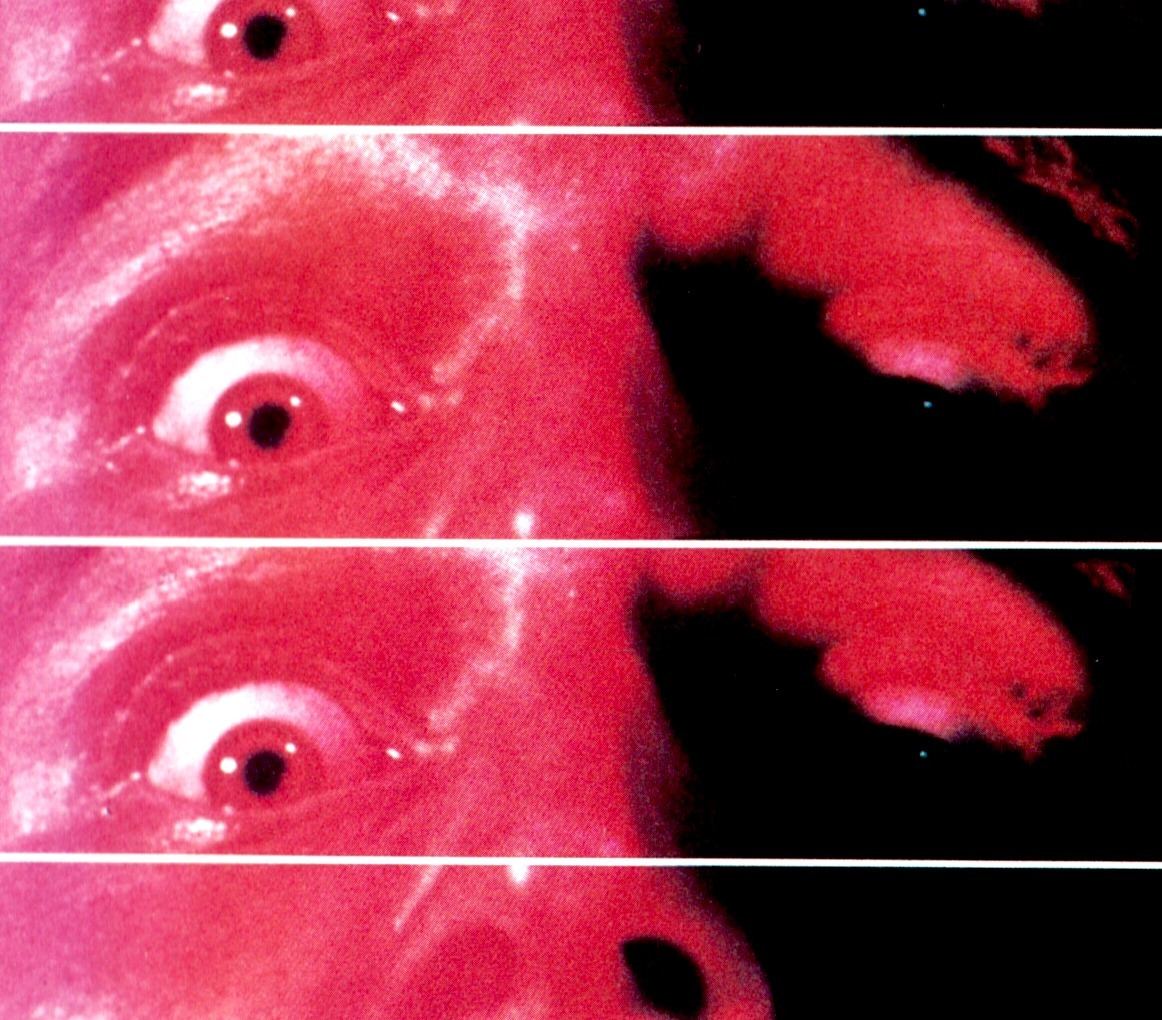
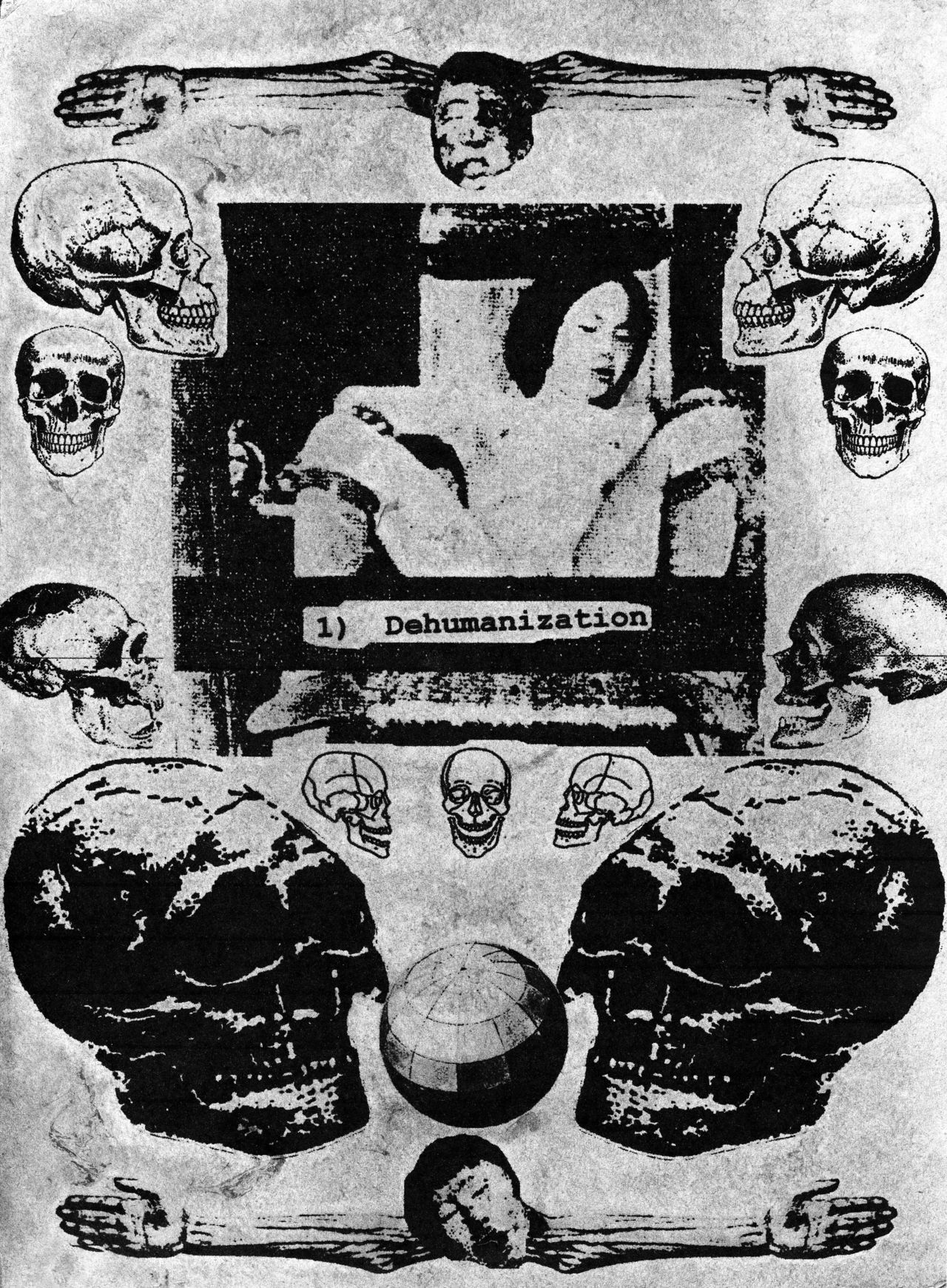

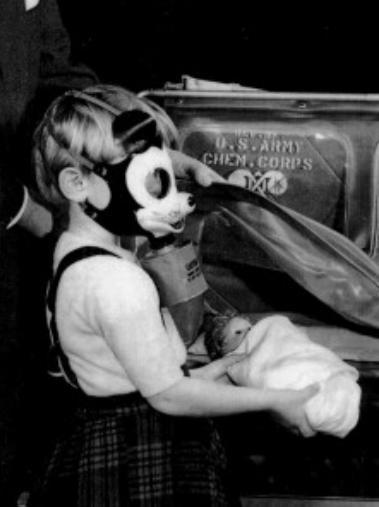

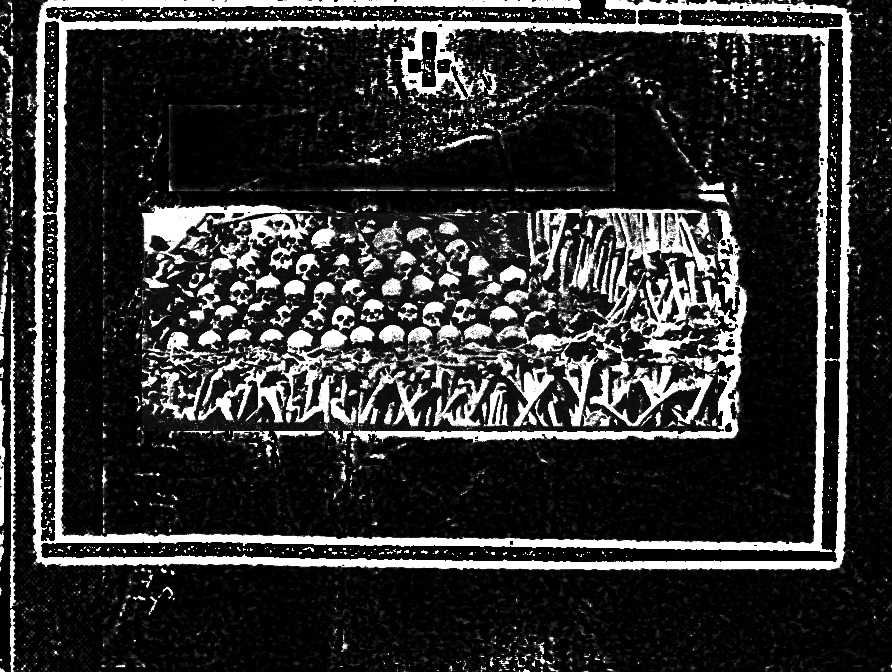
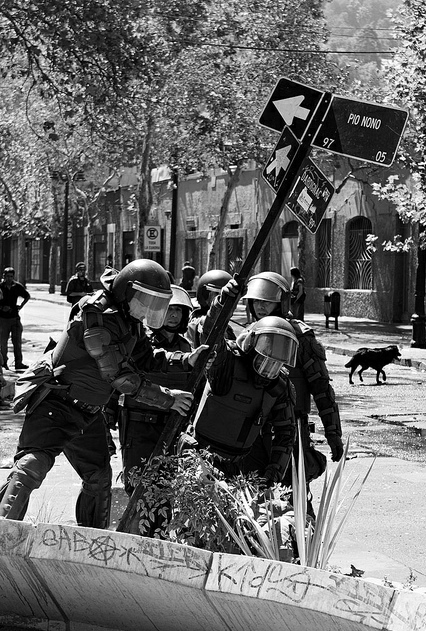
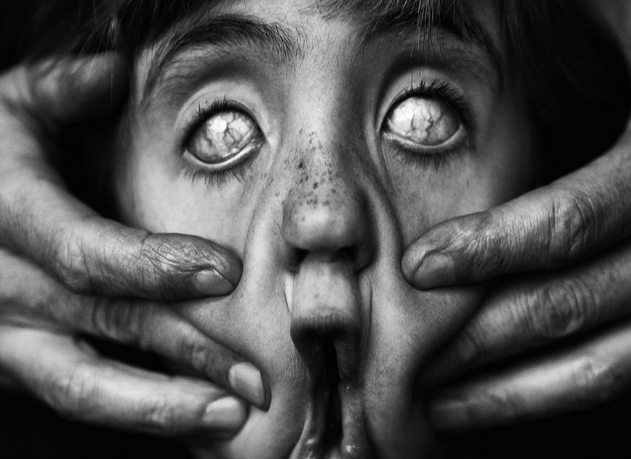

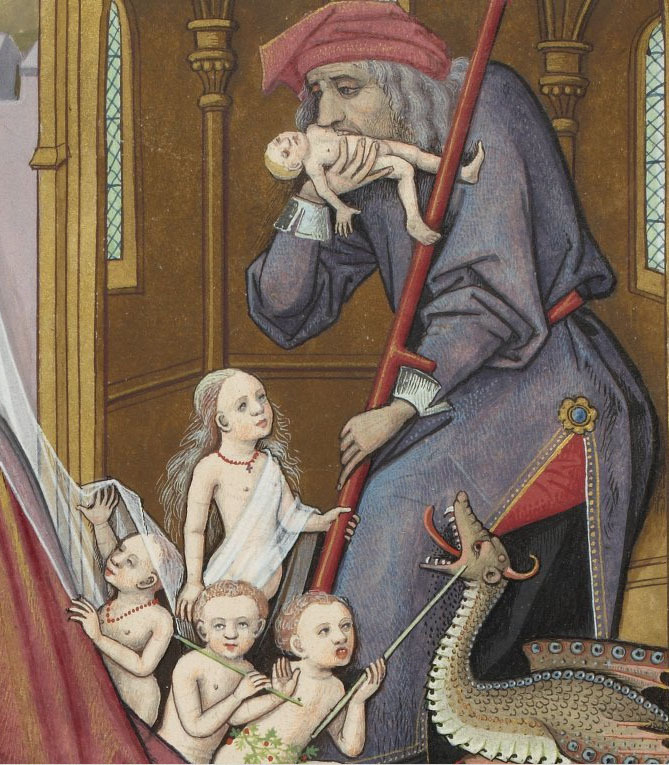
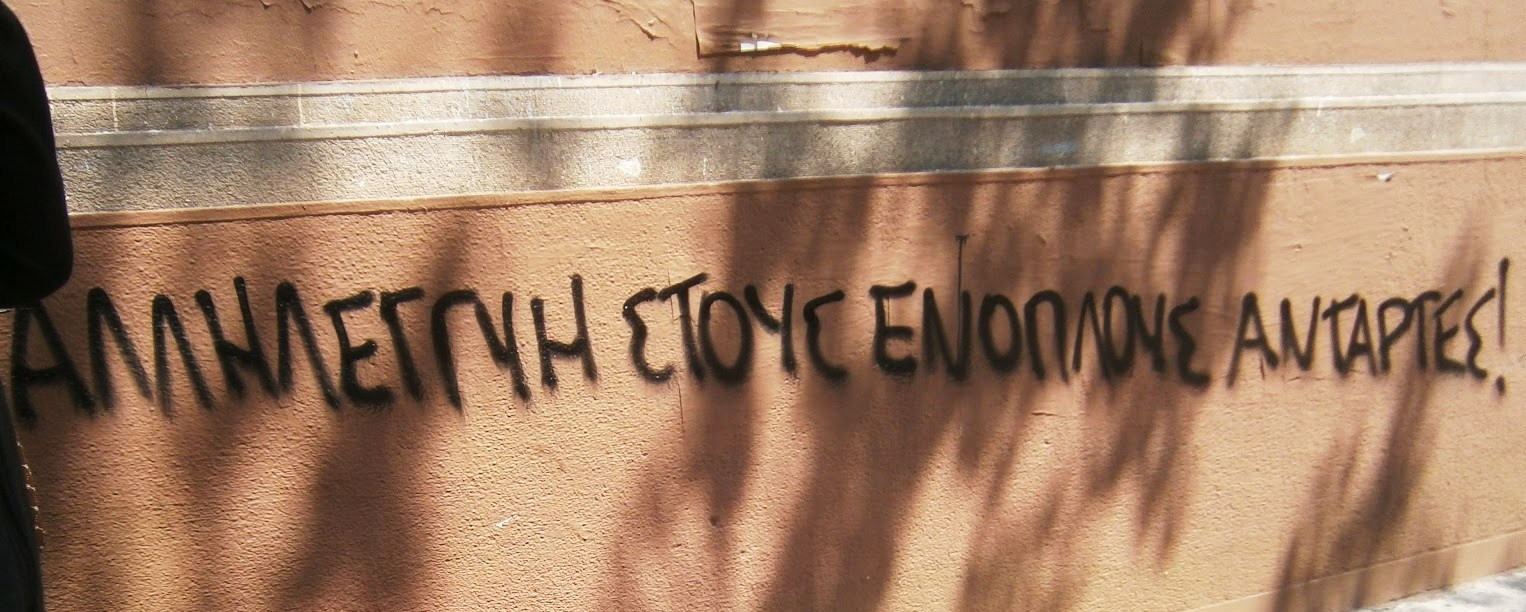

![Eurorepressione - Sulla conferenza a Den Haag sul tema "Anarchia" [corretto]](http://25.media.tumblr.com/tumblr_m0jvngOXtY1qa2163o1_1280.jpg)
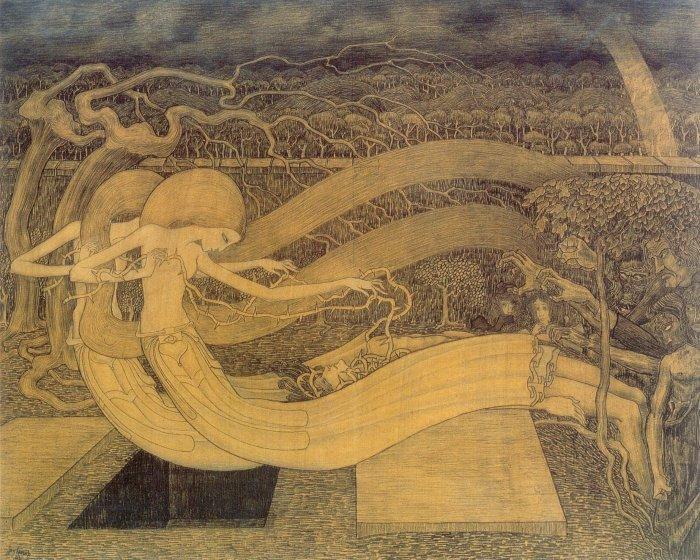
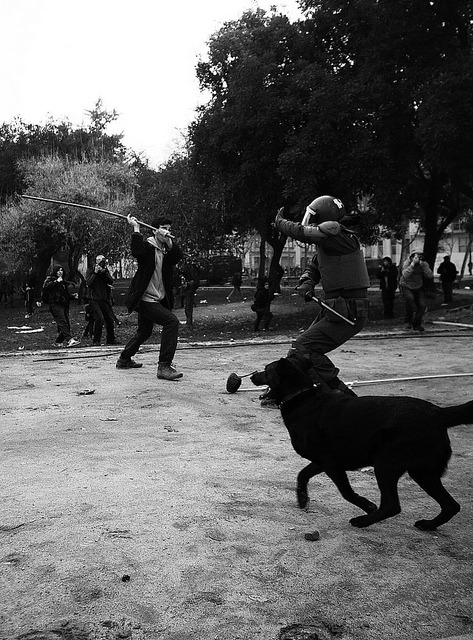
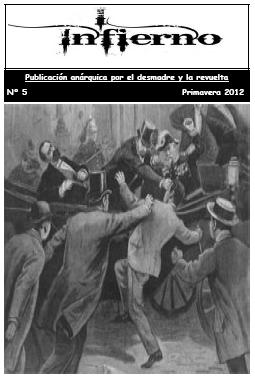
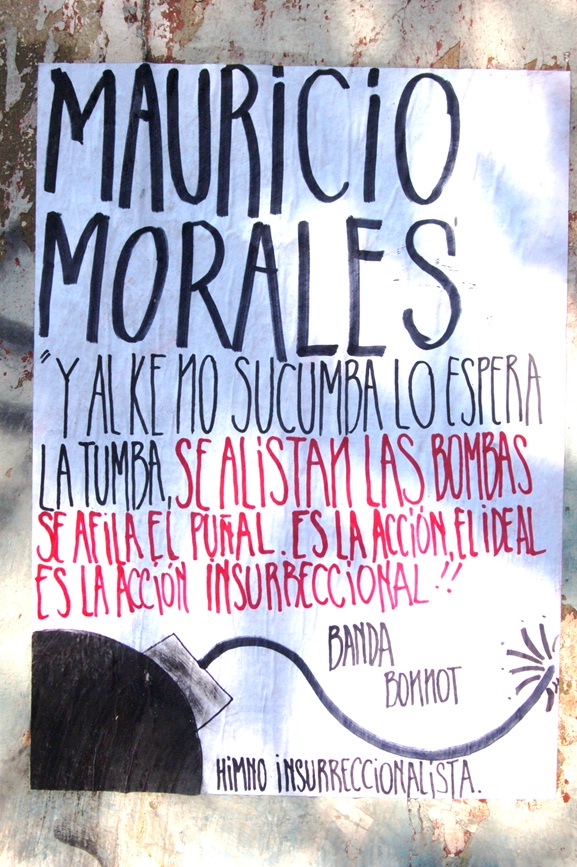
![A tres años de la Partida de Mauricio Morales: De la Memoria a la Calle [Stgo.]](http://metiendoruido.com/wp-content/uploads/2012/05/mmacividad.jpg)
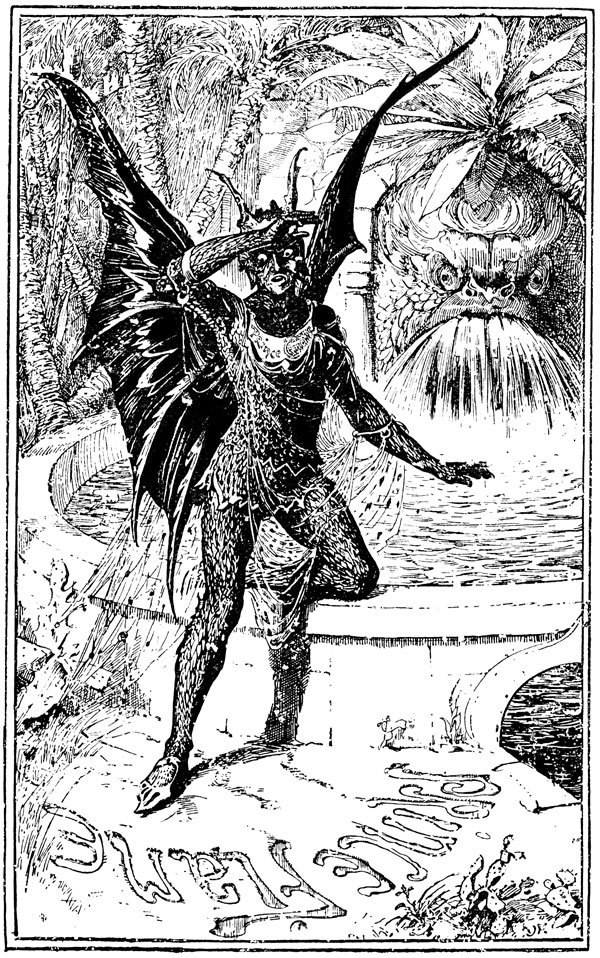
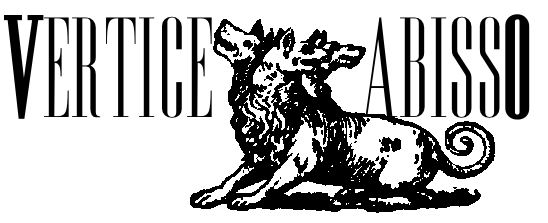



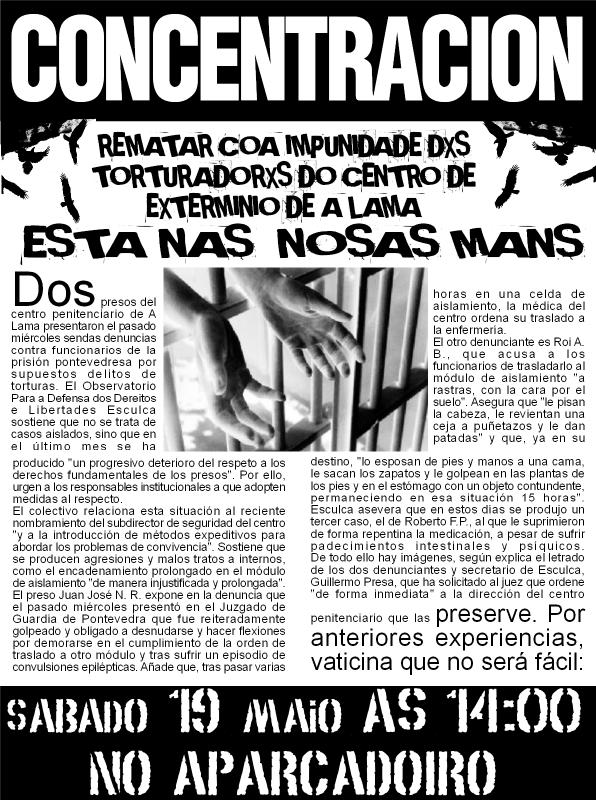

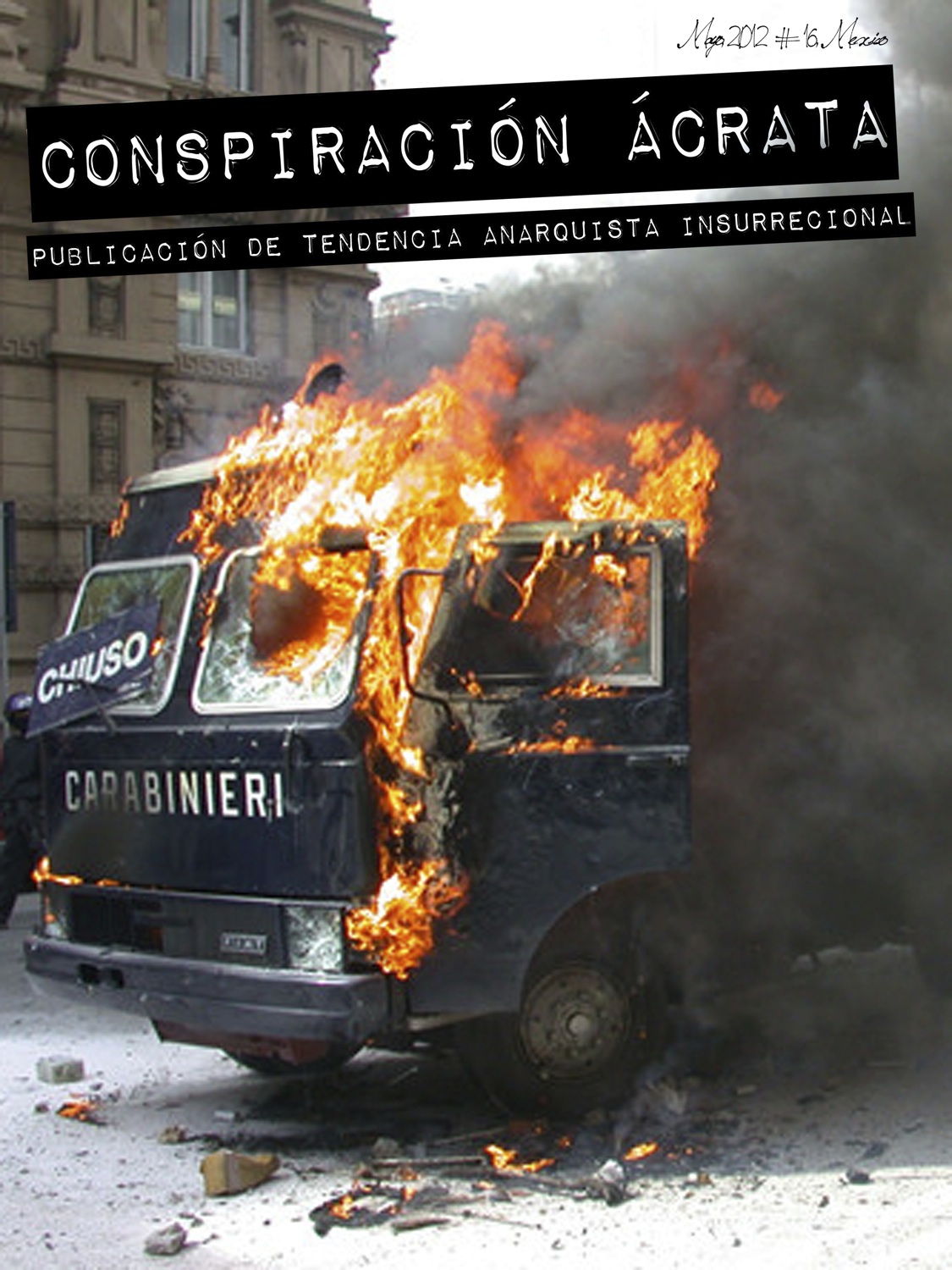

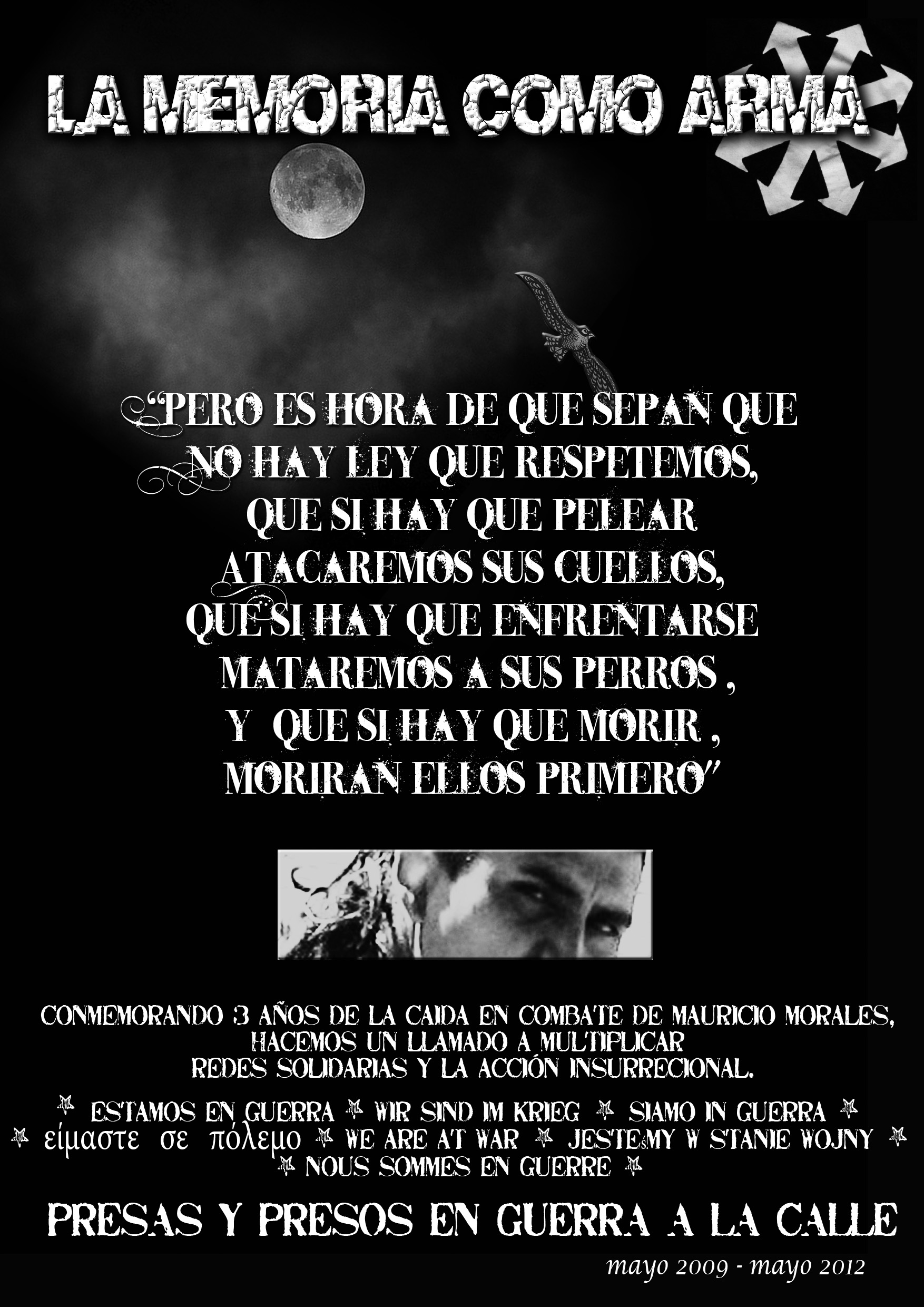
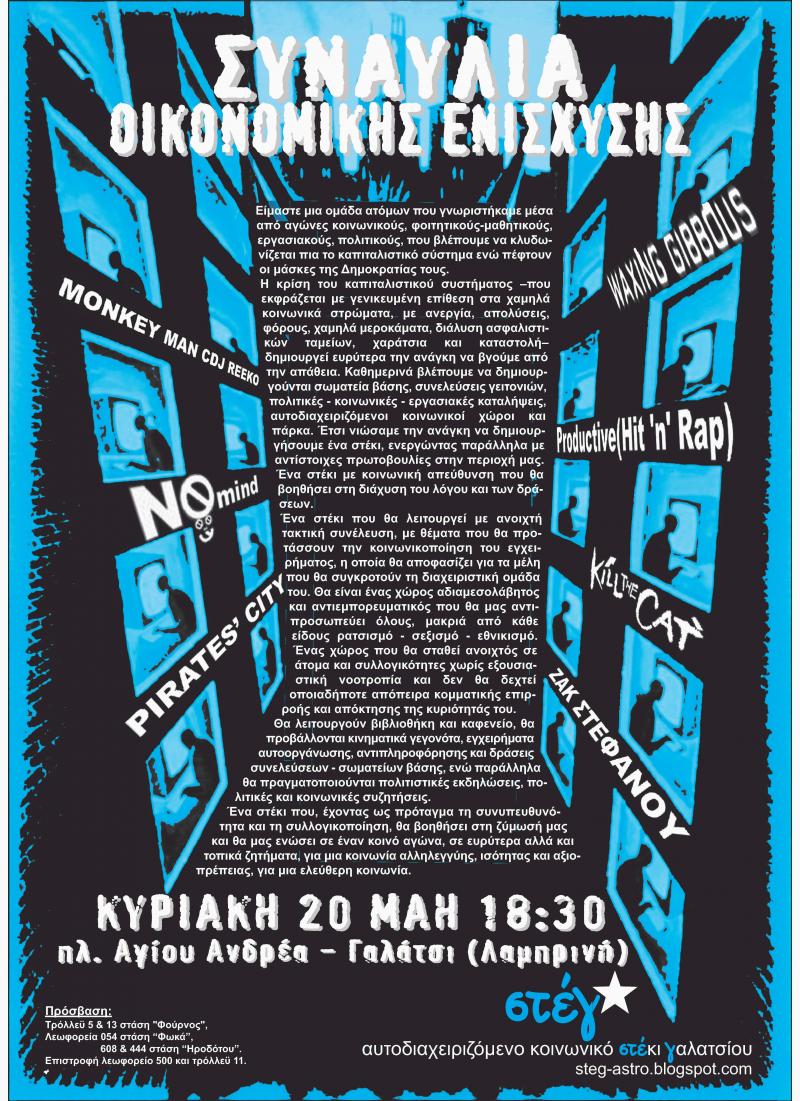








Nessun commento:
Posta un commento